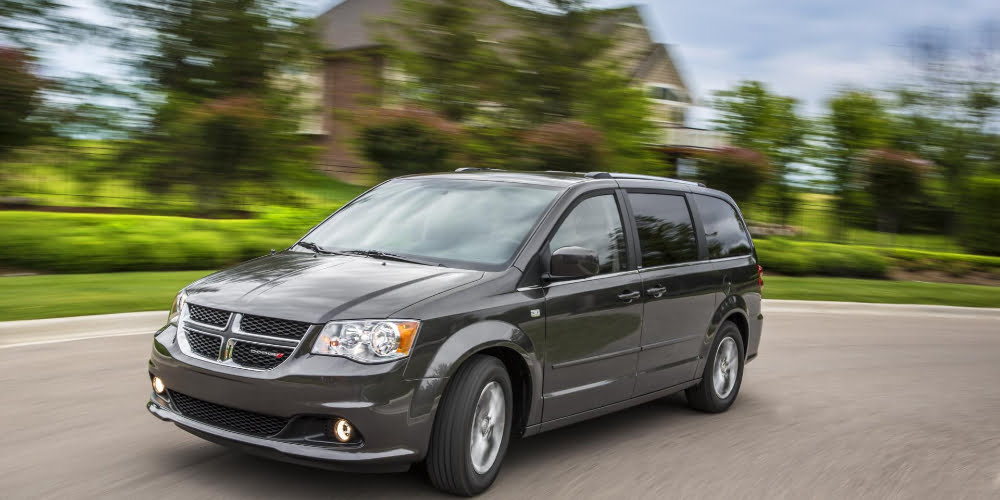Having a check engine light 2014 Dodge Grand Caravan on is not fun. It can be frustrating and even embarrassing. It can also be very frustrating to try to get a mechanic to help you. Luckily, there are some things you can do to help get the check engine light off of your car.
Check Engine Light 2014 Dodge Grand Caravan: Spark Plugs and Plug Wires
Having the correct spark plugs and plug wires for your 2014 Dodge Grand Caravan is important to your car’s performance. A bad spark plug can damage the catalytic converter and make your engine misfire. In addition to this, a bad spark plug can cause poor fuel economy. You should replace your spark plugs at regular intervals.
Spark plugs come in different sizes and materials. Some are copper or platinum. Iridium plugs are also available. Iridium plugs are harder and more resistant to wear. They last for about 100,000 to 120,000 miles.
When replacing spark plugs, it is important to follow the manufacturer’s recommendations. It is also important to gap them properly. This is done to prevent cross-firing. A gap gauge can be used to open the spark plug gap.
When replacing plug wires, it is important to reconnect the electrical connectors after swapping them. This can be done with dielectric grease. Dielectric grease is available from any auto parts store.

Check Engine Light 2014 Dodge Grand Caravan: Oxygen Sensor
Whether you are driving a 2014 Dodge Grand Caravan or a different make or model, it’s important to check the oxygen sensor. Failing to do so can cause significant damage to the engine and catalytic converter.
Oxygen sensors measure the ratio of air and gasoline in your vehicle’s engine. They help the control unit adjust the air-fuel mixture to improve performance and fuel efficiency. If an O2 sensor fails, it can cause engine vibrations, rough idling, and high emissions.
It’s also important to check your gas cap. A loose cap can cause the check engine light 2014 Dodge Grand Caravan to illuminate. If your cap is loose, you can easily damage the catalytic converter.
If you’re having trouble figuring out what the problem is, take your car to a mechanic. An experienced mechanic will be able to diagnose the problem and recommend a repair.
A new oxygen sensor may not be expensive, but it can have a dramatic effect on your gas mileage. In fact, replacing an oxygen sensor is recommended at least once a year. If you wait until it goes bad, you could be facing expensive repairs.

Check Engine Light 2014 Dodge Grand Caravan: Ignition Coil
Getting an error code P2308 in your check engine light 2014 Dodge Grand Caravan is a signal that there is a problem with the ignition coil(s) of the vehicle. This means that the vehicle’s PCM has detected a problem with the circuitry of the ignition coil(s).
If you have the trouble code P2308 it means that the PCM is trying to tell you something about the circuitry of the ignition coil(s). However, it might be manufacturer-specific, which can lead to inaccurate results. The following are a few things to check if you have the trouble code P2308.
The first thing to check is the spark plugs. If your engine misfires, it may mean that the spark plugs are old and corroded. This can lead to poor engine performance and reduced power. It can also lead to clogged oxygen sensors and catalytic converters.
Another thing to check is the spark plug wires. A spark plug’s wire is the way that the spark from the ignition coil gets to the spark plug. You should be able to find these wires in the front three cylinders, where they are easily accessible.
Check Engine Light 2014 Dodge Grand Caravan: Catalytic Converter
Having a check engine light 2014 Dodge Grand Caravan is not a good thing. It is an indication of a problem that could lead to expensive repairs. You should consider having your car checked by a qualified mechanic to find out if your car is suffering from a problem with the catalytic converter.
The catalytic converter is part of the exhaust system of your Dodge Grand Caravan. It helps to filter out harmful exhaust gases, turning them into less harmful byproducts. If it becomes clogged, it will affect the performance of your engine and can cause rattling noises and poor fuel economy.
There are several reasons that a catalytic converter could be damaged. Using the wrong type of fuel, using old spark plugs, and having unburned fuel in the engine can damage the catalytic converter. If you notice poor performance, low gas mileage, and a rough idling engine, you may need to replace the catalytic converter.
